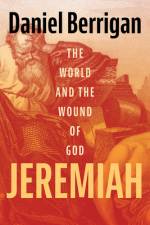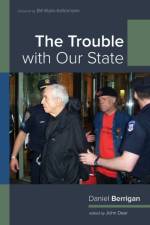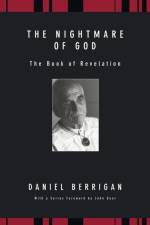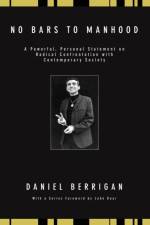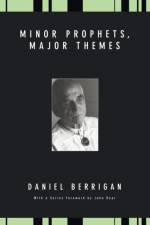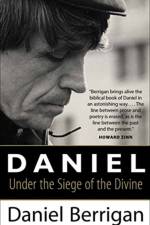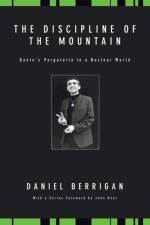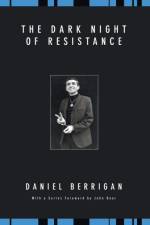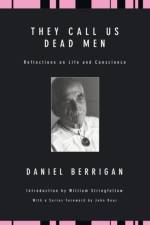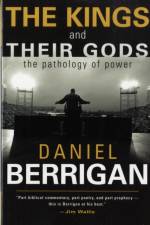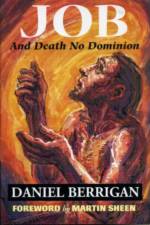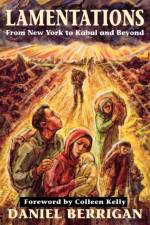- Let My People Go
av Daniel Berrigan
327
Description:The prophets exhort us to defend the poor; but we lionize the rich. They assure us that chariots and missiles cannot save us; yet we seek refuge under their cold shadow. They urge us to forgo idolatry; but we compulsively fetishize the work of our hands. Above all, the prophetic Word warns us that the way to liberation in a world locked down by the spiral of violence, the way to redemption in a world of enslaving addictions, the way to genuine transformation in a world of deadened conscience and numbing conformity, is the way of nonviolent, sacrificial, creative love. But neither polite religion nor society is remotely interested in this--which is why Jesus had to "translate" and "midwife" the prophetic insights for his companions in their historical moment. Dan has done the same for us in ours. As this reading of Exodus attests, he has a keen eye for both text and context, and exegetes both with his life. Thus does he help us shed our denial, connect the dots, and move from our pews to the streets.--from the foreword by Ched MyersEndorsements:"Dan Berrigan has given us a prophetic interpretation of the story of a people''s liberation from slavery, contagious violence, and the shocking actions of an ambiguous god. Berrigan has lived out a nonviolent exodus from our own pharaohs. His vision parts the waters of empires past and present. This prophet, like Isaiah, sees a divinely given way from the divisive exodus of our spiritual ancestors to the hope of a promised land for everyone."--James Douglass, Catholic Worker, Founder of Mary''s House and Ground Zero Center for Nonviolent Action "The retrieval of the prophetic in Christian faith and practice is an underlying theme of the renewal and revisioning in today''s grassroots Catholicism. Perhaps the prophetic voice of our time is that of Daniel Berrigan, SJ, whose insightful writing and courageous vision has now become the blending of activism and mystic wisdom. Berrigan on Exodus--a profound journey back to the very roots of our tradition and a clarion call to let ourselves be freed and chosen for God''s work today."--Robert A. Ludwig, Director of the Institute of Pastoral Studies at Loyola University Chicago"In this lyrical, powerful, and dangerous reading of the second book of Moses, Daniel Berrigan does more than explicate or comment upon the text. Instead, heinvites us to fulfill the text through our own questions, reverence and, as Berrigan says, indignation. To read Exodus is to truly participate in the mystery of Scripture. A beautiful, challenging, and invigorating work by one of our most fearless and tenacious contemporary prophets."--Karin Holsinger Sherman, author of A Question ofBeing: The Integration of Resistance and Contemplation in James Douglass''s Theology of NonviolenceAbout the Contributor(s):Daniel Berrigan is an internationally known voice for peace and disarmament. A Jesuit priest, an award-winning poet, and the author of over fifty books, he has spoken for peace, justice, and nuclear disarmament for nearly fifty years. He spent several years in prison for his part in the 1968 Catonsville Nine antiwar action and later acted with the Plowshares Eight. Nominated many times for the Nobel Peace Prize, he lives and works in New York City.

